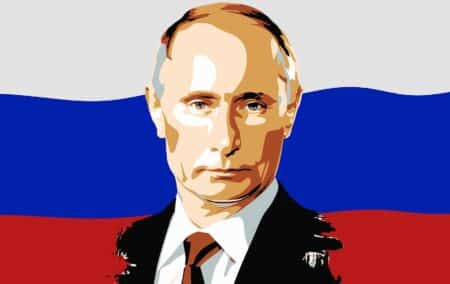President Vladimir Putin on Sunday won Russia’s presidential election, extending his rule over Russia until 2030.
The election, condemned as a sham by Western countries, was intended to portray overwhelming public support for his domestic dominance and his invasion of Ukraine.
Some Russians tried to turn the undemocratic vote into a protest, forming long lines at polling stations at a predetermined time — noon — to register their discontent.
The Kremlin claimed that Putin won 87 percent of the vote — an even higher number than in the four previous elections he participated in.
Putin held an after-midnight news conference at which he commented on the death of the imprisoned opposition leader Aleksei Navalny for the first time, referring to it as an ‘unfortunate incident’.
If he sees the term through to its end, he will become the longest-serving Russian leader since Catherine the Great in the 1700s.
Asked at the news conference whether he believed that a full-scale conflict between Russia and NATO was possible, Mr. Putin responded: ‘I think that anything is possible in today’s world’.
The Kremlin views these elections as a ritual crucial to Mr. Putin’s portrayal of himself as a genuinely popular leader. Analysts now expect him to elevate hard-line supporters of the war in government, betting that Western support for Ukraine will eventually crumble, and Ukraine’s government will be forced to negotiate a peace deal on Russia’s terms.
Opposition candidates were barred from running; ballot-stuffing and other cases of fraud were also common occurrences in past Russian elections.
This was the least transparent election in recent Russian history, with the work of independent poll observers reduced to levels not seen since the collapse of the Soviet Union.
In the presidential election in 2018, Putin’s official result was 78%.

